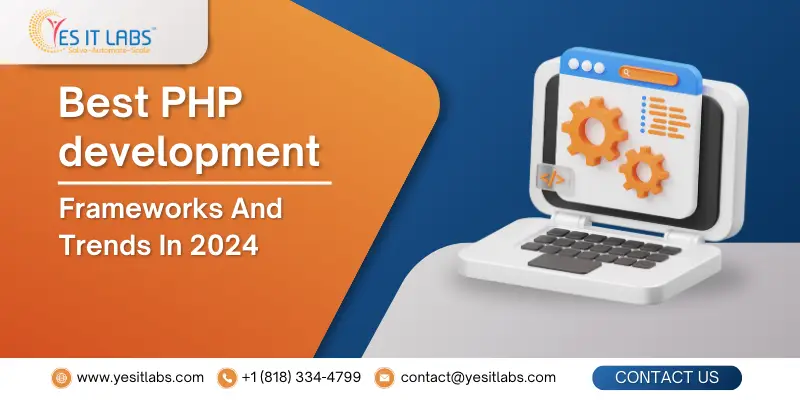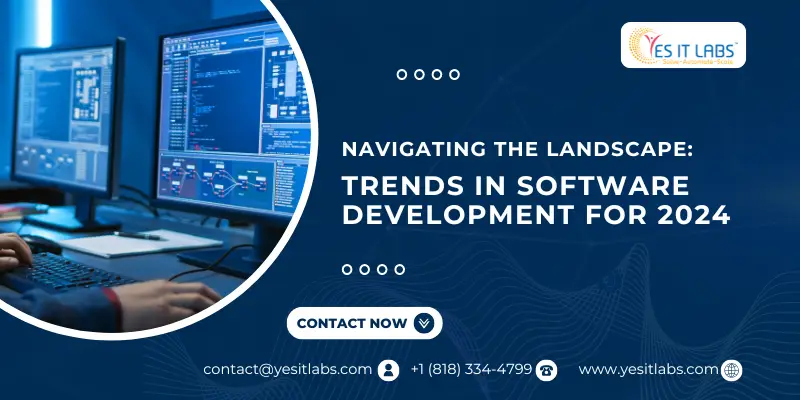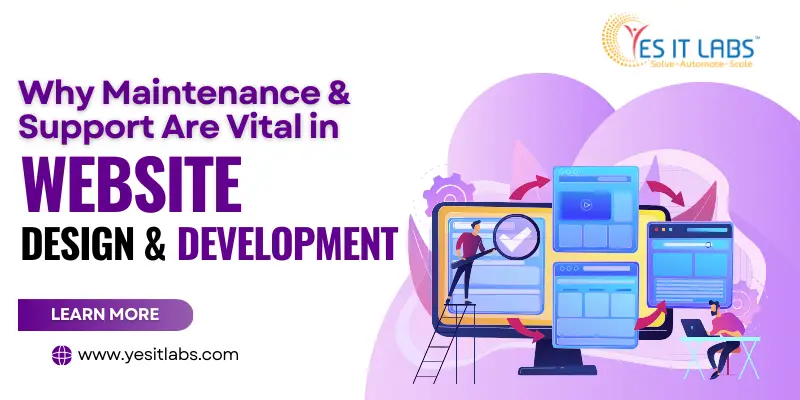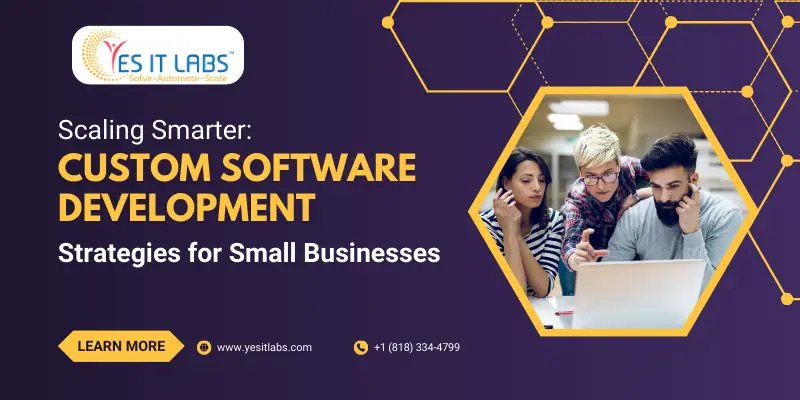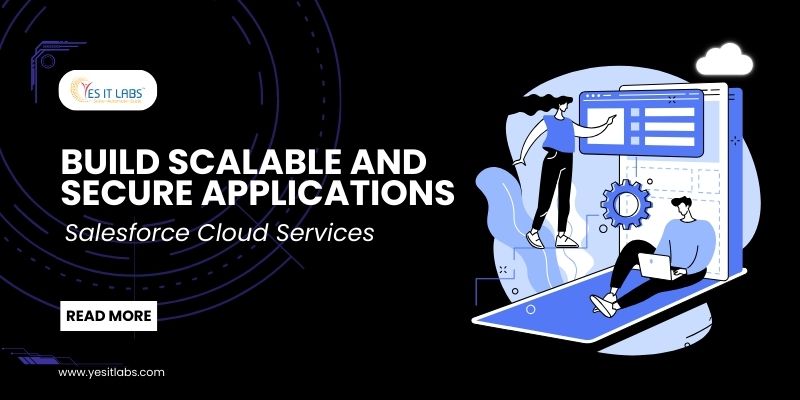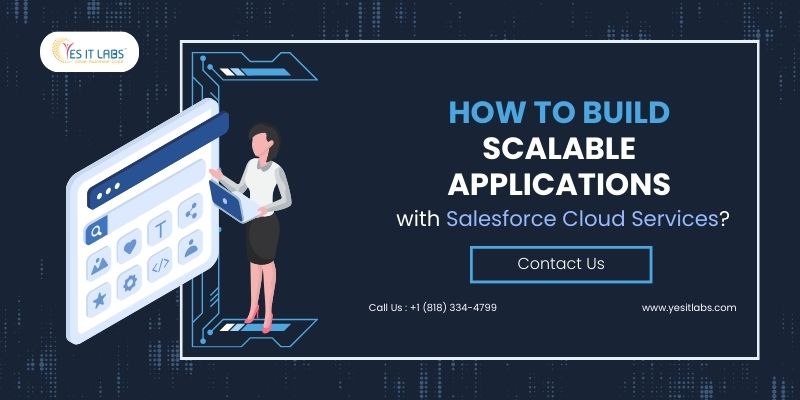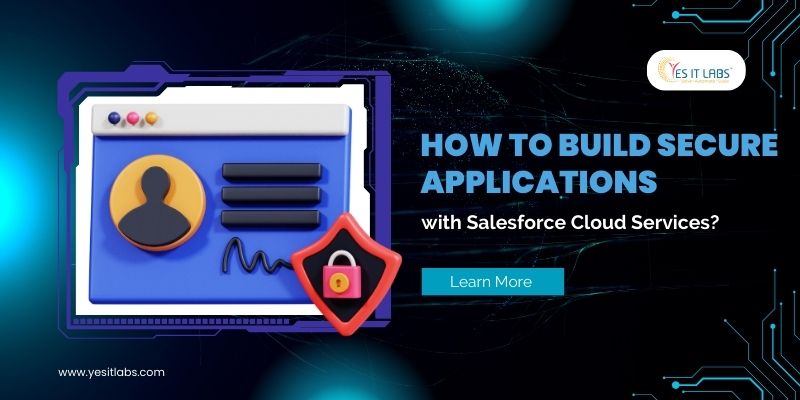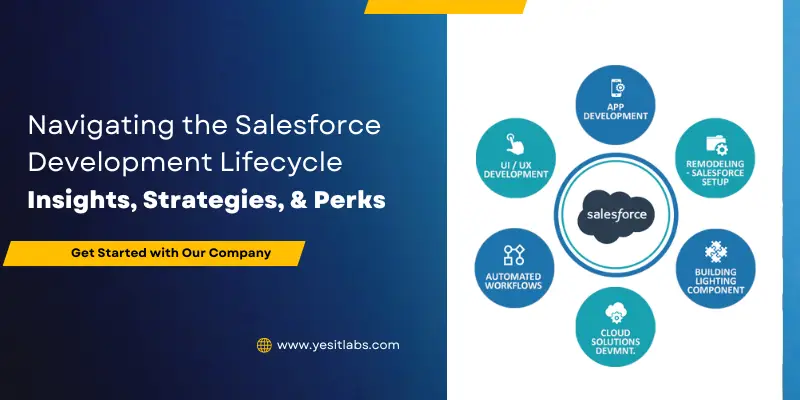
Navigating the Salesforce Development Lifecycle: Insights, Strategies, and Perks
Hey there, fellow tech aficionados! Today, we’re diving deep into the dynamic realm of Salesforce development lifecycles. Strap in as we explore the stats, dissect the process, uncover the models, and unravel the array of benefits waiting for those who embark on this journey. Plus, if you’re eyeing to supercharge your Salesforce game, stay tuned because we’ve got some tips on where to find and how to hire the best Salesforce developers in the game.
Understanding the Salesforce Development Lifecycle
The Stats
- Before we plunge into the intricacies, let’s take a quick peek at some compelling stats:
- Salesforce dominates the CRM market with a significant market share of around 19.5%.
- The platform has over 150,000 customers worldwide, ranging from startups to Fortune 500 companies.
- A whopping 4.2 million jobs will be created in the Salesforce ecosystem by 2024.
- Salesforce developers rank among the top-paid professionals in the tech industry.
Impressive, right? Now, let’s break down the development process.
The Process
- Requirement Gathering: It all begins with understanding the client’s needs, pain points, and objectives. This phase lays the foundation for the entire project.
- Design and Planning: Once the requirements are crystal clear, it’s time to design a blueprint and plan the project scope, timeline, and resources.
- Development: Here’s where the magic happens. Developers bring the designs to life, coding custom solutions, integrations, and functionalities tailored to the client’s needs.
- Testing: Rigorous testing ensures that the developed solutions are bug-free, user-friendly, and aligned with the client’s expectations.
- Deployment: Once the solutions pass the testing phase, they’re deployed to the live environment, making them accessible to end-users.
- Maintenance and Support: Post-deployment, ongoing maintenance and support are crucial to ensure optimal performance, scalability, and security.
The Models
- Waterfall Model: Traditional sequential approach, where each phase flows downwards like a waterfall. It’s linear and works well for projects with fixed requirements.
- Agile Model: Iterative and flexible approach, where development is divided into sprints, allowing for continuous feedback and adaptation. Ideal for projects with evolving requirements.
- DevOps Model: Emphasizes collaboration, automation, and integration between development and operations teams, enabling faster delivery and higher quality.
Each model has its pros and cons, so it’s essential to choose the one that best suits your project dynamics.
Benefits Galore!
Now, let’s talk about the sweet rewards awaiting those who embark on the Salesforce development journey.
- Scalability: Salesforce offers unparalleled scalability, allowing businesses to seamlessly expand their operations and user base without worrying about infrastructure constraints.
- Customization: With its robust development tools and extensive APIs, Salesforce enables developers to create highly customized solutions tailored to the unique needs of each client.
- Integration: Salesforce integrates seamlessly with a plethora of third-party applications and systems, providing businesses with a unified platform to streamline their operations.
- Automation: Leveraging Salesforce’s automation capabilities, businesses can automate repetitive tasks, workflows, and processes, freeing up time for employees to focus on more strategic initiatives.
- Analytics: Salesforce’s advanced analytics tools empower businesses to gain valuable insights from their data, enabling data-driven decision-making and driving business growth.
- Mobility: With Salesforce’s mobile-first approach, users can access critical business data and functionalities anytime, anywhere, from any device, empowering them to stay productive on the go.
Where to Find and How to Hire Salesforce Developers
Now, let’s address the burning question: where can you find top-notch Salesforce developers to spearhead your projects?
- Salesforce Community: The Salesforce Trailblazer Community is a treasure trove of resources, forums, and talent where you can connect with experienced developers and enthusiasts.
- Freelancing Platforms: Websites like Upwork, Freelancer, and Toptal are teeming with freelance Salesforce developers ready to tackle your projects.
- Consulting Firms: Partnering with reputable Salesforce consulting firms can provide access to a pool of seasoned developers with diverse skill sets and industry expertise.
- Recruitment Agencies: Specialized recruitment agencies can help you find the perfect Salesforce developer for your team, saving you time and effort in the hiring process.
When hiring Salesforce developers, look for candidates with strong technical skills, hands-on experience with Salesforce technologies, and a passion for continuous learning and innovation.
Wrapping Up
And there you have it, folks! A comprehensive guide to navigating the Salesforce development lifecycle, complete with insights, strategies, and perks. Whether you’re a seasoned developer or a business looking to harness the power of Salesforce, understanding the intricacies of the development process is key to success. So, gear up, embrace the journey, and unleash the full potential of Salesforce in your organization!
Tags: hire dedicated salesforce developer, Hire Salesforce Developer, hire salesforce development services, hire salesforce programmer, Salesforce Developer, Salesforce development, salesforce development company in usa, Salesforce development lifecycle
